In case you missed it: Three tax tips worth smiling about
In case you missed it: Three tax tips worth smiling about
Energy incentive extends to nonprofit organizations
Nonprofits and other exempt entities are often left out of discussions when new tax incentives are proposed in Congress, primarily (and logically) because these organizations don’t pay tax. Fortunately, nonprofits are not left out of a recently enhanced tax provision known as the 179D deduction, which is intended to encourage incorporating energy efficiency measures into new or renovated buildings. While a nonprofit itself can’t use the deduction, of course, because it does not pay taxes, this incentive is still valuable because the nonprofit can transfer the deduction to the architect or engineer on the project who then uses the deduction.
The takeaway here? If you represent nonprofit executives or board members at organizations that have undertaken capital projects (universities, for example), you’ll want to be aware of this potential benefit, in addition to keeping up in general on sometimes tricky tax rules related to exempt entities.
This again? More crypto crack down
The ups and downs (and downs) of cryptocurrency continue! If your clients are involved in the cryptocurrency market, and especially if they are contemplating giving these assets to support charitable endeavors, be aware that the IRS continues to formalize its guidance and requirements for a qualified appraisal. Recently, the IRS confirmed that an appraisal is required to claim a deduction of $5,000 or above for a gift of cryptocurrency.
A must-know: Reviewing the QCD
You’ll recall the buzz at the end of 2022 when Congress passed sweeping omnibus legislation that included a version of the long-awaited Legacy IRA provisions that expand a tool called the Qualified Charitable Distribution, or QCD. A QCD is a financially-savvy way for your clients to support the charities they care about.
As a reminder, if your client has reached the age of 70 ½, the client may be eligible to make annual distributions of up to $100,000 from IRAs directly to an unrestricted or field-of-interest fund at the community foundation or other qualifying public charity. QCD transfers count toward satisfying clients’ Required Minimum Distributions and therefore avoid the income tax on those funds. Plus, distributed assets are no longer part of a client’s estate at death, which avoids estate taxes, too. The new law expands the QCD rules to allow for a one-time, $50,000 QCD to a split-interest vehicle, such as a charitable gift annuity or charitable remainder trust, as well as indexing the QCD cap for inflation in future years.
Punchlist: What the IRS may be up to in 2023
Advisors of philanthropic clients are keeping an eye on the IRS’s list of priorities for the fiscal year, which includes a focus on several sections of the Internal Revenue Code that impact charitable giving. The team at The Community Foundation is also watching closely, and, as always, we’ll keep you posted as issues bubble up that may lead to potential charitable giving-related legislation.
The team at The Community Foundation is a resource and sounding board as you serve your philanthropic clients. We understand the charitable side of the equation and are happy to serve as a secondary source as you manage the primary relationship with your clients. This article is provided for informational purposes only. It is not intended as legal, accounting, or financial planning advice.












